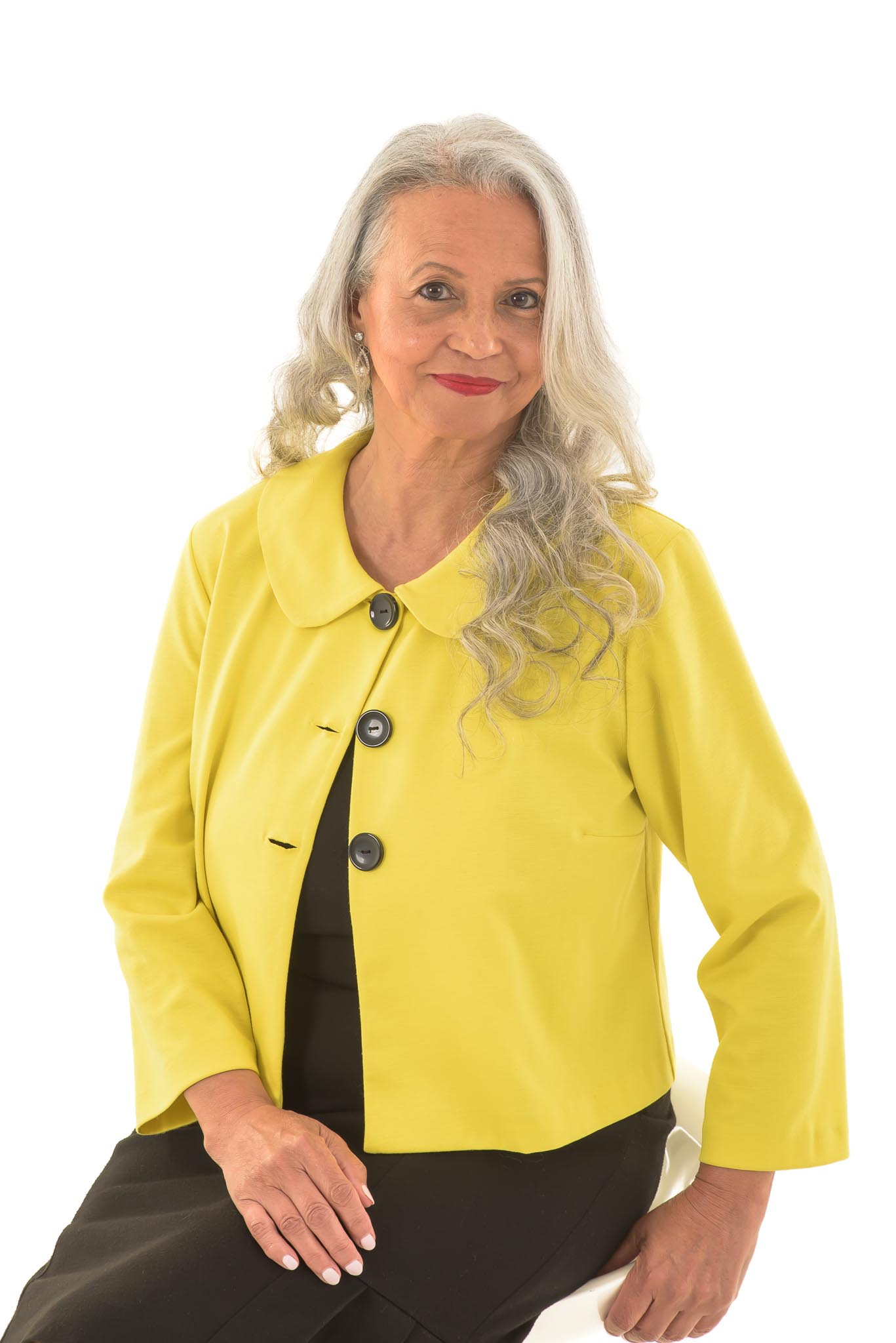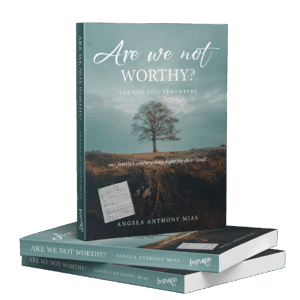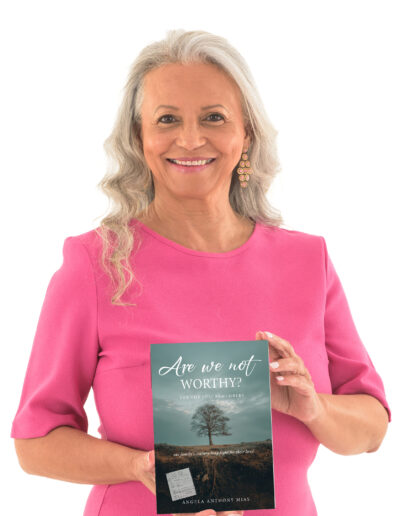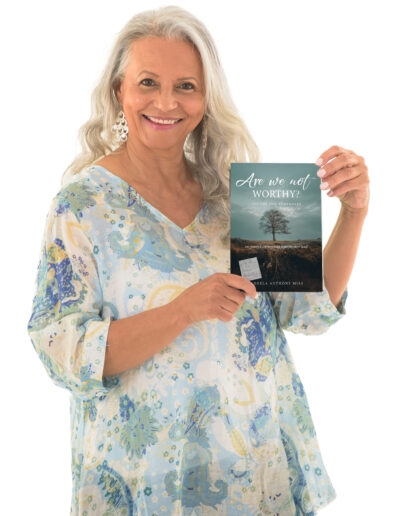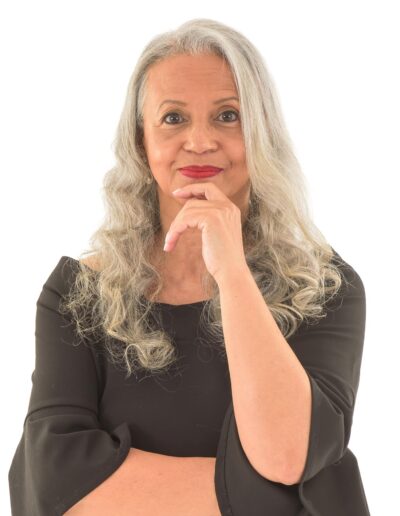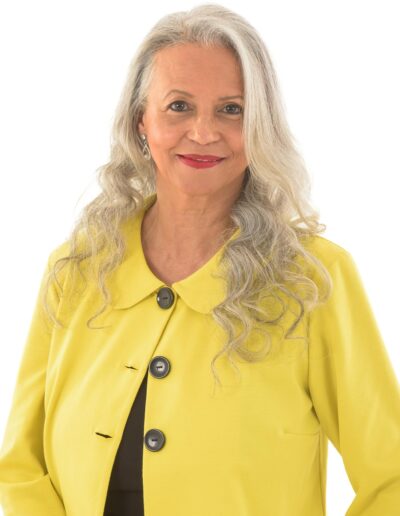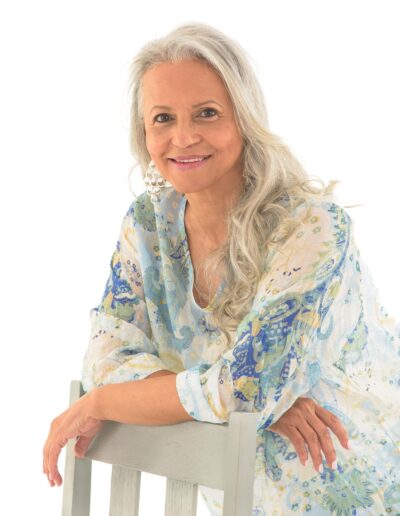Introducing
Angela Anthony Mias; Author of “Are We Not Worhthy?”
For more than a century, one South African family has waited, watched, and prayed for the return of their ancestral land. Are We Not Worthy – Yet the Soil Remembers, traces this deeply personal and spiritual journey through 108 years of dispossession, broken promises, and enduring faith.
As South Africa once again debates land and expropriation, Are We Not Worthy – Yet the Soil Remembers, reminds us that restitution is more than a policy; it is a spiritual reckoning. It asks a question that echoes through generations and nations alike: When the soil remembers, can the world remain silent?
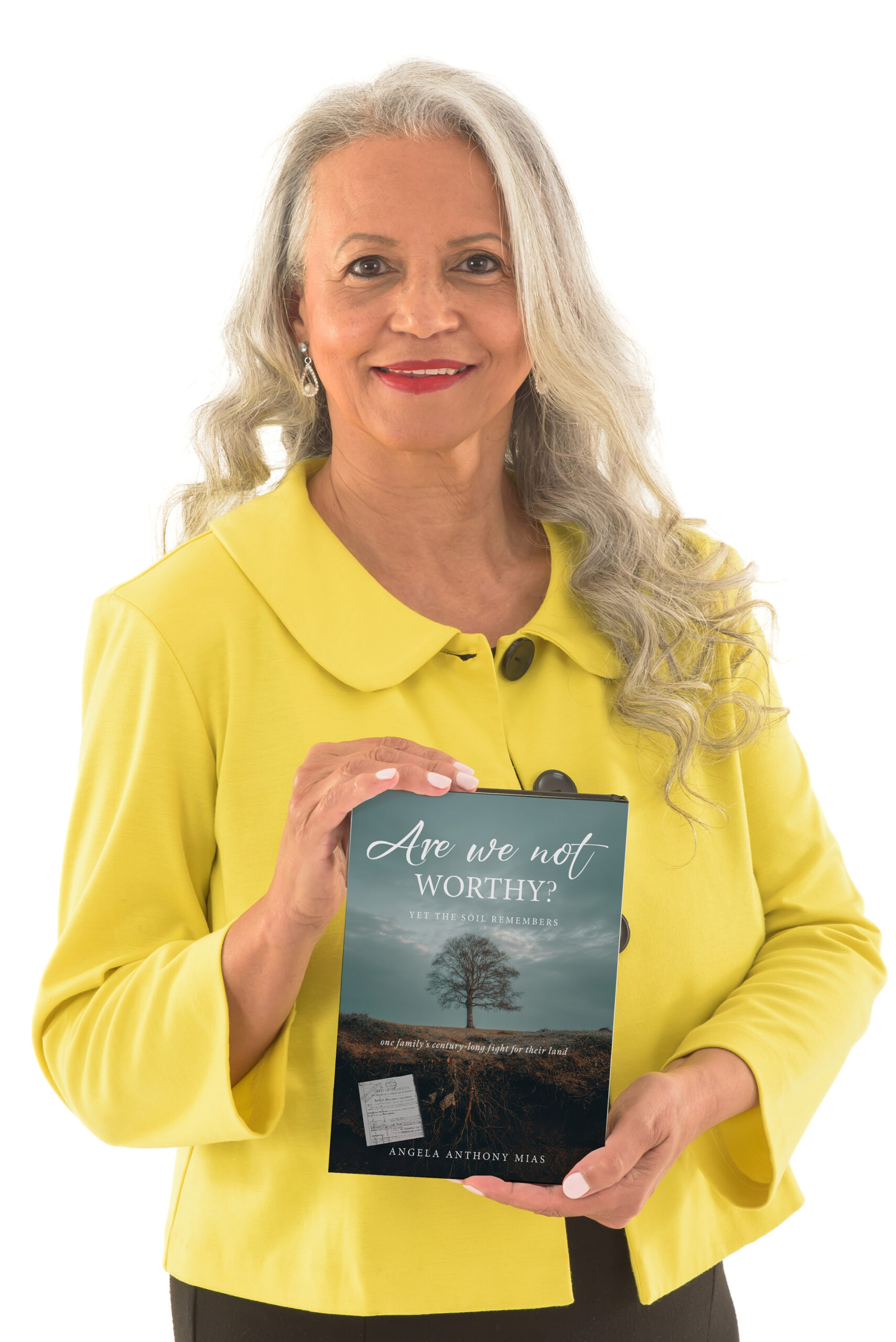
Introducing
Angela Anthony Mias; Author of “Are We Not Worthy?”

For more than a century, one South African family has waited, watched, and prayed for the return of their ancestral land. Are We Not Worthy – Yet the Soil Remembers, traces this deeply personal and spiritual journey through 108 years of dispossession, broken promises, and enduring faith.
As South Africa once again debates land and expropriation, Are We Not Worthy – Yet the Soil Remembers, reminds us that restitution is more than a policy; it is a spiritual reckoning. It asks a question that echoes through generations and nations alike: When the soil remembers, can the world remain silent?
pre-order now
“ARe we not worhthy?” by angela anthony mias
YET THE SOIL REMEBERS
For more than 18 years, Angela designed, facilitated, and managed International Higher Education Study Abroad Programmes, building an extensive network that connects global universities and local communities in meaningful exchange. Her work with the Centre for Higher Education Transformation (CHET) provided a continental lens on the relationship between Higher Education and Development in Africa, further fueling her love for the continent and its people.
Now serving at the South African Broadband Education Network (SABEN), Angela finds herself at a unique intersection of digital transformation and education enablement — an unexpected yet fulfilling chapter as she approaches retirement.
Among her most profound personal achievements is the extensive research she conducted into her family’s century-long land claim — a journey that unearthed more than 100 years of history and culminated in the claim’s approval by the Rural Land Claims Commission. It is this deeply spiritual and historical journey that inspired her debut book, Are We Not Worthy – Yet the Soil Remembers, a powerful reflection on faith, justice, land, and legacy in South Africa.
PRE-ORDER THE NEW BOOK
ARE WE NOT WORTHY?
For more than a century, one South African family has waited, watched, and prayed for the return of their ancestral land. Are We Not Worthy – Yet the Soil Remembers, traces this deeply personal and spiritual journey through 108 years of dispossession, broken promises, and enduring faith.
Blending history, politics, and biblical prophecy, Angela Mias reflects on how colonialism and apartheid stripped families not only of land, but of inheritance, identity, dignity, and unity. Through generations, her family’s inheritance was fractured, by laws, betrayal, division, and a government that failed to fulfill its own promises of restitution.
Yet, amid the ruins of injustice, the land still speaks. It remembers the footsteps of those who once tilled it and the prayers of those who refused to forget. Angela draws a powerful parallel between her family’s story and the biblical journey of Israel — a story of exile, remembrance, and the divine promise of restoration.
As South Africa once again debates land and expropriation, Are We Not Worthy – Yet the Soil Remembers, reminds us that restitution is more than a policy; it is a spiritual reckoning. It asks a question that echoes through generations and nations alike: When the soil remembers, can the world remain silent?
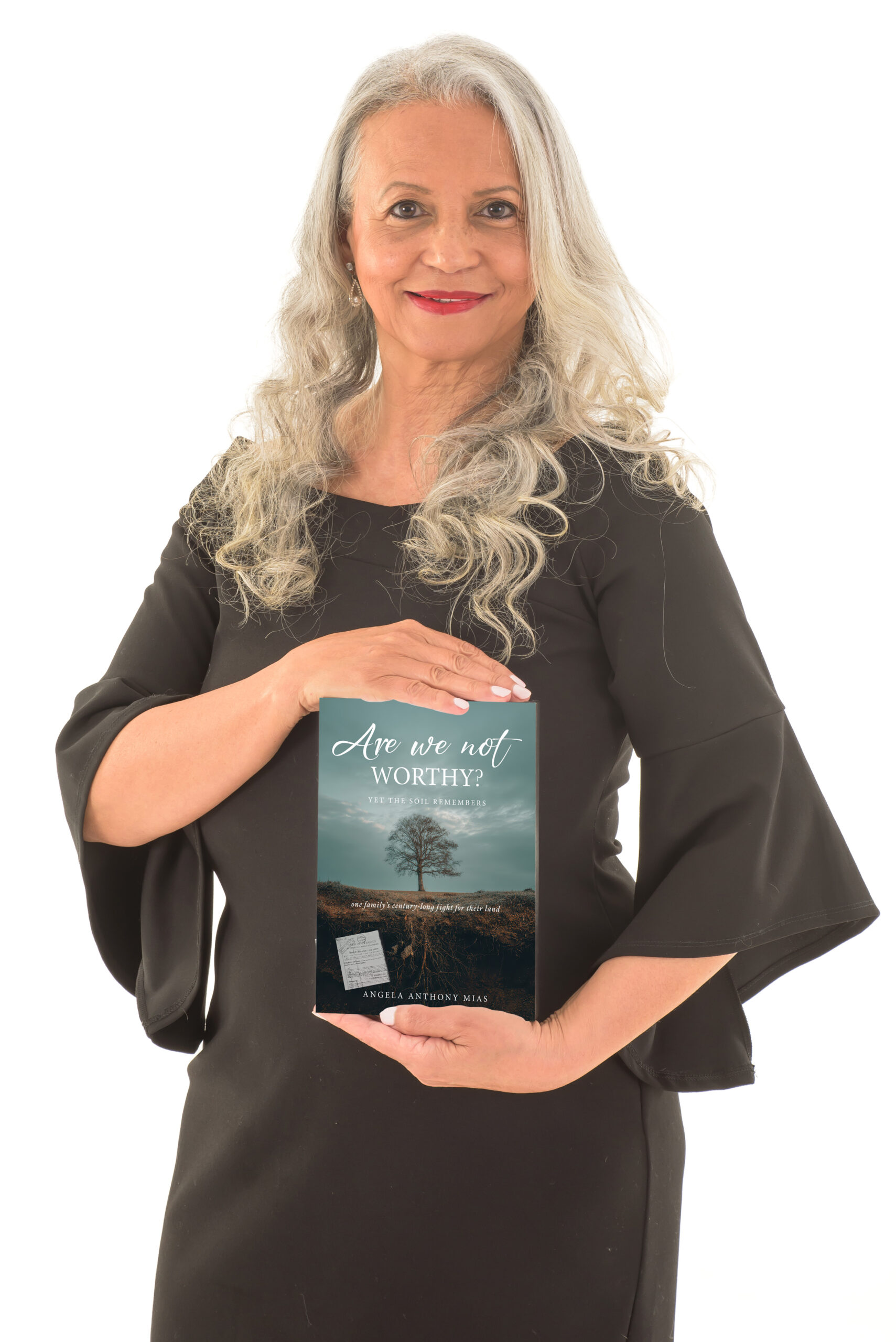
Discover “Are We Not Worthy?” by Angela Mias
As South Africa once again debates land and expropriation, Are We Not Worthy – Yet the Soil Remembers, reminds us that restitution is more than a policy; it is a spiritual reckoning. It asks a question that echoes through generations and nations alike: When the soil remembers, can the world remain silent?

